Blog Posts Tagged Bioengineering

Simulating Analog-to-Digital Microdroplet Dispensers for LOCs
University of Bridgeport researchers designed a high-throughput microfluidic droplet dispenser as an analog-to-digital microfluidic converter for use in lab-on-a-chip (LOC) applications.
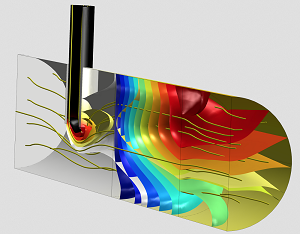
Using Simulation to Optimize Biopharmaceutical Processes
Did you know that you can use COMSOL Multiphysics® to study biopharmaceutical processes? Examples include pharmaceutical mixers, injection devices, dielectrophoretic separation, and more >>
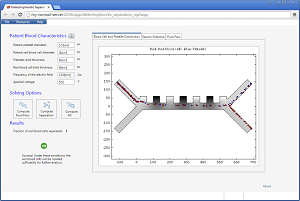
Dielectrophoretic Separation
Dielectrophoresis is a phenomenon in which an electric field is used to control the movement of electrically neutral particles. Learn about how to model this effect in both DC and AC fields.
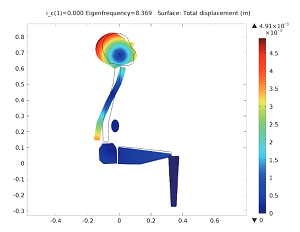
Biomechanical Model Evaluates Human Response to Vibrations
Take a look at a biomechanical model of the human body in a sitting posture, which can be used to analyze how vibrations (like those from a moving vehicle) affect different parts of the body.

Acoustic Levitation Puts a Pure Spin on Medicine Fabrication
Engineers from Argonne National Laboratory used multiphysics simulation and trial-and-error prototyping to optimize the effectiveness of an acoustic levitator for medical fabrication.
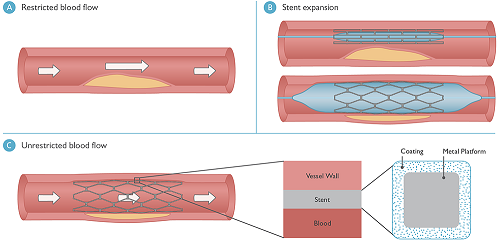
Understanding Drug-Eluting Stents at Boston Scientific
Stents open plaque-blocked arteries, but when an excessive amount of tissue grows over a bare metal arterial stent, it can cause the artery to narrow again in a process called restenosis.
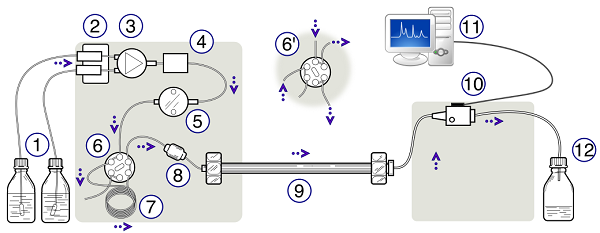
Modeling High-Performance Liquid Chromatography
High-performance liquid chromatography involves mixing a solvent from a reservoir with a sample zone containing the analytes to be separated and then pumping the mixture into an injector.
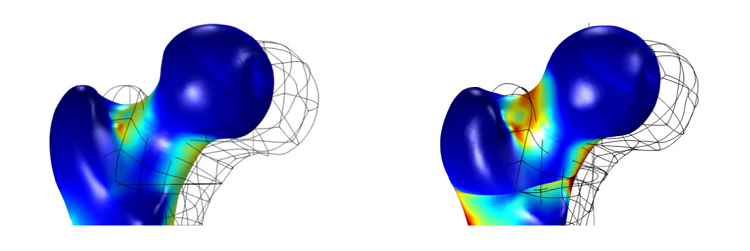
Modeling Bone Strength Using Isotropic and Anisotropic Materials
The question of exactly how strong living bones are poses many important considerations for the medical industry. There is not currently a single-purpose device in the field to test bone strength. However, it is possible for researchers to get measurements of bone strength by modeling the entire makeup of the bone and using multiphysics simulation to perform stress and strain analyses. Simulating bone strength starts with a simple map of the external topology of the bone and then delves into […]



